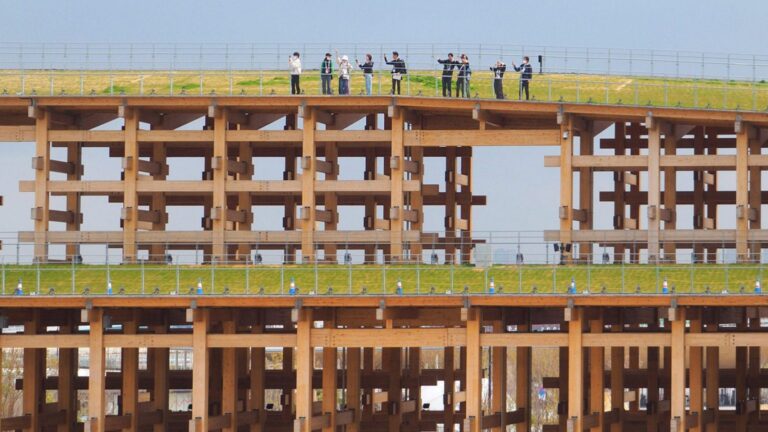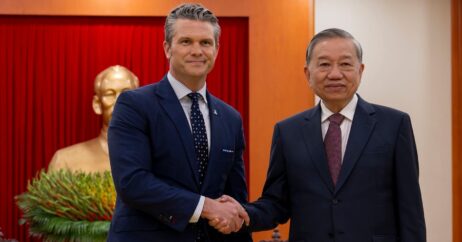As Xi Jinping embarks on his much-anticipated European tour, memories of his opulent state visit to Italy in 2019 contrast sharply with the present climate. Back then, Xi was feted with grand ceremonies and hospitality, culminating in Italy’s decision to join China’s Belt and Road infrastructure initiative. Fast forward five years, and Xi returns to Europe amidst a landscape fraught with geopolitical tensions and shifting attitudes towards China.
Arriving in France after landing on Sunday, Xi faces a Europe grappling with complex economic grievances and escalating suspicions regarding China’s global ambitions. Recent weeks have seen the European Union launch trade probes into various sectors, including China’s wind turbines and procurement practices, while also conducting raids on Chinese companies suspected of benefiting from subsidies. Moreover, Germany and the United Kingdom have taken decisive action against individuals accused of espionage linked to China.
In this climate of growing skepticism, Xi’s visit represents an opportunity to assuage concerns and forge new alliances. However, the road ahead is fraught with challenges, as divisions within Europe over how to address China’s ascendancy persist. Noah Barkin, a visiting senior fellow at the German Marshall Fund of the United States, underscores the multifaceted threat perception of China across European capitals, complicating Xi’s efforts to garner goodwill.
Central to Xi’s agenda is navigating Europe’s economic landscape, where tensions over trade distortions loom large. A meeting with European Commission President Ursula von der Leyen, alongside French President Emmanuel Macron, sets the stage for discussions on derisking supply chains and addressing trade imbalances. Von der Leyen’s staunch advocacy for protecting key technologies from China’s influence adds an additional layer of complexity to the negotiations, as she spearheads anti-subsidy investigations into Chinese imports.
Xi’s itinerary also includes high-stakes engagements with leaders like Macron, where discussions on economic ties and geopolitical dynamics are expected to take center stage. Macron’s call for an “aggiornamento” underscores France’s concerns over China’s export practices and excess capacity in various sectors. Against this backdrop, Xi seeks to leverage personal rapport and strategic alliances to advance China’s interests in Europe.
Beyond economic considerations, Xi’s visit intersects with critical geopolitical issues, including the war in Ukraine. As Europe grapples with China’s role in the conflict and concerns over dual-use exports to Russia, Xi seeks to position China as a peacemaker and bridge builder. However, divergent perspectives on key issues like human rights and security challenges could strain diplomatic relations, underscoring the delicate balance Xi must navigate during his European tour.
As Xi’s journey takes him from France to Serbia and Hungary, the dynamics shift, offering opportunities for warmer receptions and deeper engagements. In Serbia and Hungary, where Chinese investments have flourished, Xi aims to underscore the mutual benefits of cooperation while cultivating alliances with leaders receptive to China’s overtures. In essence, Xi Jinping’s European tour embodies the complexities and contradictions of modern diplomacy. As he navigates a landscape marked by economic tensions, geopolitical rivalries, and shifting alliances, Xi’s ability to forge consensus and overcome divisions will shape the trajectory of China-Europe relations for years to come.









